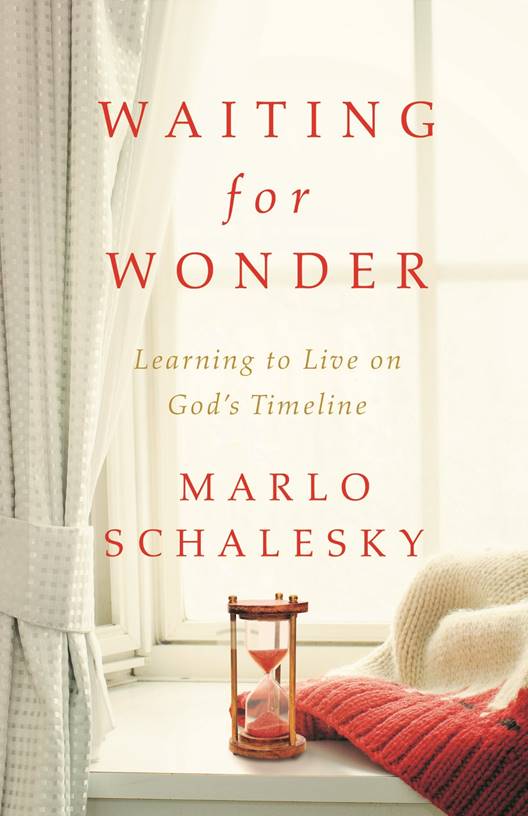I got a call late Sunday night from my friend, Pam. "Marlo, it's Whammy," she said through sobs. "I lost my husband tonight."
I couldn't believe what I was hearing (in fact, I still can barely believe it), but it was true. Pam's husband, Rachel and Sam's dad, our friend, died in a quad accident Sunday night.
We're going to miss him -- his big smile, his generous heart, his laugh and the way he was always glad to see you.
He was a good man, a kind man. Our lives will be less rich now that he's gone. His family's will be too. Our hearts ache for his wife, his son, and his daughter (who is good friend of our girls').
So, as I think about Dave, his family, and the upcoming funeral that we'll be officiating at (1:00pm this Friday at SVCC, with reception to follow at the Golf & Country Club across the street), I think about how Jesus understands what this family is going through. I think about Rachel and Sam and how Jesus, too, lost an earthly father in Joseph. Jesus knew what it was to grieve for a father who had died. Jesus knows now too. He knows how to comfort those who are grieving. He knows what it means, and He is there, so near to the broken-hearted.
I want to know how to offer comfort too. I want to be near, like Jesus.
And so, here are some tidbits of advice for comforting those who have lost someone they love:
DO:
-- Say simply, “I’m so sorry.” At this time, you can give the person a hug,
squeeze his/her hand
reassuringly, or place your hand gently on his/her shoulder. Small physical
demonstrations such as these can be a soothing balm to the person’s emotions.
-- Say, “I’ll be supporting you with my prayers
during this tough time.” Then pray!
-- Also pray for God’s help, sensitivity, and
guidance in all your interactions with the grieving
person. Remember that the Holy Spirit
himself is our Comforter.
-- If you knew the deceased, share something
(briefly) that you appreciated about him/her.
A simple “I’ll never forget
how Charlie helped me when . . .” can be
a great comfort.
-- Ask if you can help by bringing over a meal,
looking after small children for a few hours,
or making any necessary phone calls. If
they must leave town for the funeral, ask
if they need a ride to the airport, or if you can look after their pets or
water their plants
while they’re away.
-- Offer a sympathetic ear a few days after the
funeral/memorial service is over. Often people will feel like talking
about the service and their memories of the deceased after their initial grief has subsided. Taking the person out to a one-on-one lunch
can provide the perfect
opportunity.
DON’T:
-- Don’t ask if the deceased was a
Christian. What will you say if the
answer is no?
-- Don’t give advice. Let people grieve in their own way.
-- Don’t talk about your own grief (i.e. when
your Aunt Edith died, or when your cousin was
in an accident, or especially when you lost a beloved pet). This will only make
the other person feel awkward,
as if they have to comfort you, instead of the other way around!
-- Don’t trivialize others’ grief with comments
such as “You should be happy that Charlie’s
gone on to heaven,” or “At least Claire lived a full life,” or “Maybe it’s
better this way.”
-- Don’t put on a happy face. As Proverbs 25:20 (RSVP) says, “He who sings songs to a heavy heart is like one
who takes off a garment on a cold day, and like vinegar on a wound.”
Now, as I
seek to offer comfort to those who are grieving, I try to keep these guidelines
in mind, remembering the counsel of Proverbs 12:18 (NIV): “Reckless words pierce like a sword, but the
tongue of the wise brings healing.”










0 comments:
Post a Comment